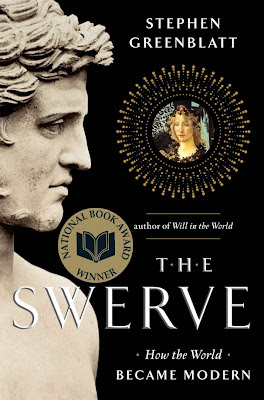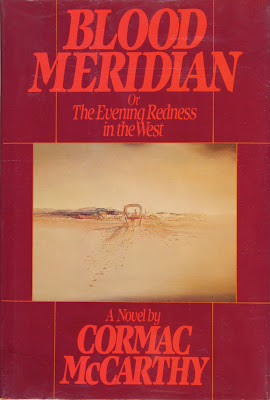The Swerve by Stephen Greenblatt

Winner of the 2012 Pulitzer Prize for General Nonfiction The Swerve by Stephen Greenblatt reconstructs history by showing the reader the reciprocal effect history and literature has on each other. Greenblatt re-imagines a time when human civilization was emerging from the darkness by reaching back to the past and uncovering the creation of the Renaissance and the Humanist’s movement. What Greenblatt initially reveals is the beginning of the Early Modern Period through ancient text. This book strikes a chord for book lovers, scholars; classicist, early modernist, and even modern scholars. It conjures up a late medieval romance of digging through monasteries and hidden chambers of West’s past. This book works as a retelling of an archeological process illuminating a story that has shaped the way our modern minds think. The struggle of a secular society versus a religious society. It explores atheism, Christianity, Paganism. Blending per-Christian ideas with a dominating Roman Catholic i
